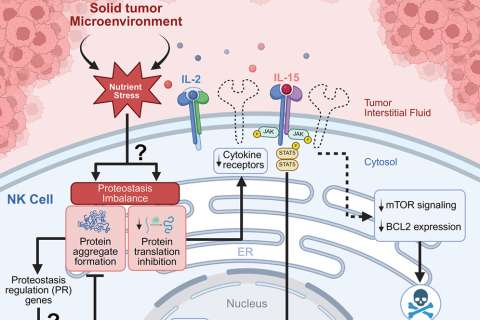Black women with cancer in one breast are less likely than white women to undergo contralateral prophylactic mastectomies (CPM), a procedure to remove the unaffected breast, which women often choose for deeply personal reasons, new research suggests.
This is the case even in hospitals serving a larger proportion of Black patients, which the authors suggest may be due to institutional factors impacted by structural racism.
Racial disparities in breast cancer are not new, said Amulya Vadlakonda, third-year medical student at the David Geffen School of Medicine at UCLA and the study’s lead author.
“Studies over the last several decades have shown Black patients are less likely to undergo CPM compared to White patients of similar stage cancer,” Vadlakonda said. “Our findings that Black-serving hospitals are less likely to perform CPM suggest these racial disparities to be encoded structurally. We need to examine the systems-level factors affecting the care of Black women and address the deeper causes of structural racism to ultimately lead to equitable outcomes for all patients.”
The study is published in the peer-reviewed Journal of the American College of Surgeons.
About 1 in 8 women in the U.S. develop breast cancer. While mortality rates for breast cancer have fallen over the years, Black women continue to be at greater risk of mortality compared to White patients.
Women with cancer in one breast may elect to have the unaffected breast removed for a variety of reasons—some reasons include post-mastectomy chest symmetry, the potential cost of screening the other breast, and peace of mind.
But the long-term benefit of the procedure remains controversial, Vadlakonda said.
“Nonetheless, it remains important to equitably engage patients of all races in shared-decision-making,” Vadlakonda said “Some women may feel that CPM is best for them while others may wish for breast conservation as much as possible. Every patient should be able to make that decision for themselves when medically possible."
The researchers examined data from the National Cancer Database, overseen by the American College of Surgeons and the Commission on Cancer, for the years 2004 through 2020. Of nearly 598,000 women studied, about 71,000 (12%) were Black.
They found that overall Black women were 35% less likely to undergo the procedure; the likelihood was about 17% lower at largely Black-serving hospitals. The researchers write that this is likely due to disparities in access to CPM at the institutional level.
There is a need for further research into whether this disparity is caused by physicians not offering this procedure or Black patients at particular hospitals preferring to decline, Vadlakonda said. Specifically, there is a need to recruit and engage racial minorities in studies to better understand their values and attitudes regarding the procedure.
“Our findings underscore that there is still a lot of work to be done to ensure equitable outcomes for patients of all races,” Vadlakonda said. “The wide variation in the utilization of CPM across hospitals suggests that there is poor standardization in practice, which disproportionately affects Black patients. We hope our findings will empower all patients to have open discussions with their doctors about the treatments that would be right for them.”
Study co-authors are Joanna Curry, Zihan Gao, Dr. Nikhil Chervu, Konmal Ali, Dr. Carlie Thompson and Dr. Peyman Benharash of UCLA, and Dr. Hanjoo Lee of Harbor-UCLA Medical Center.





